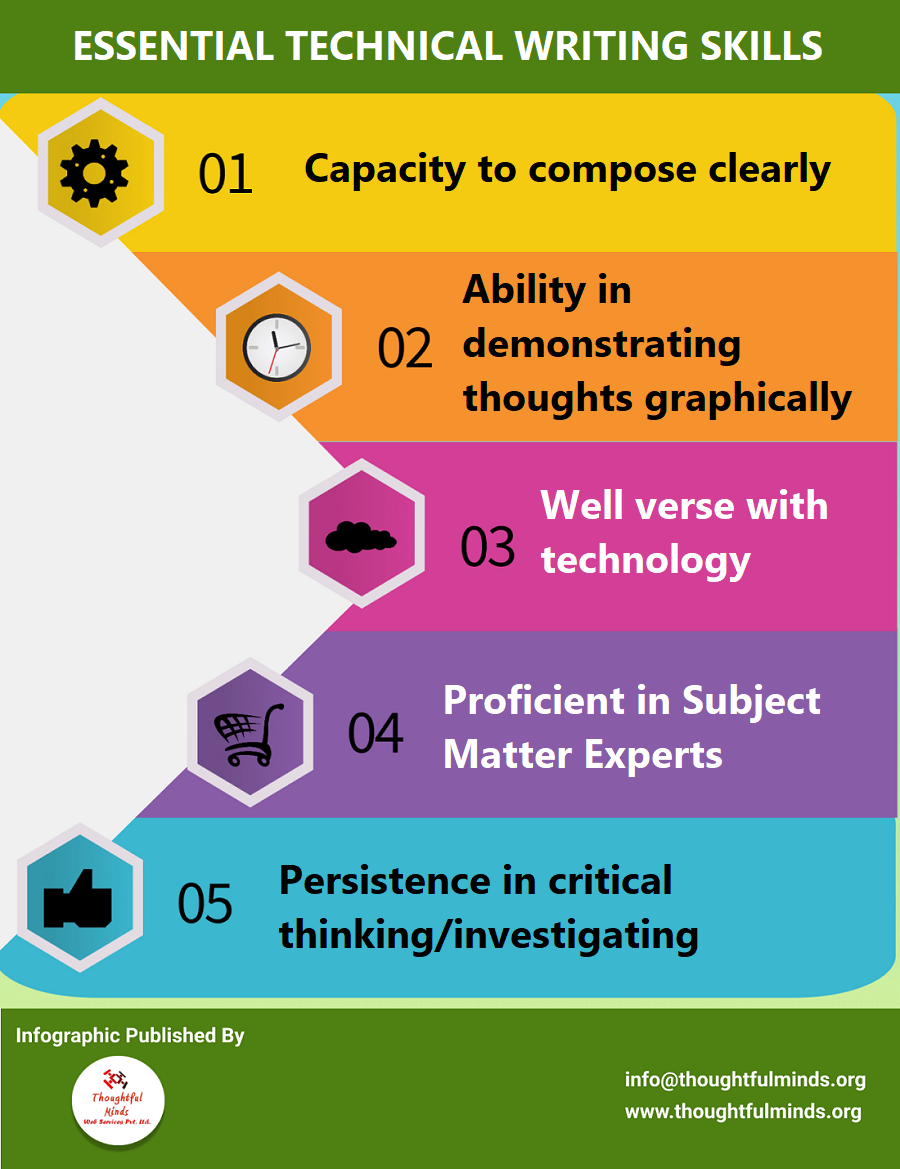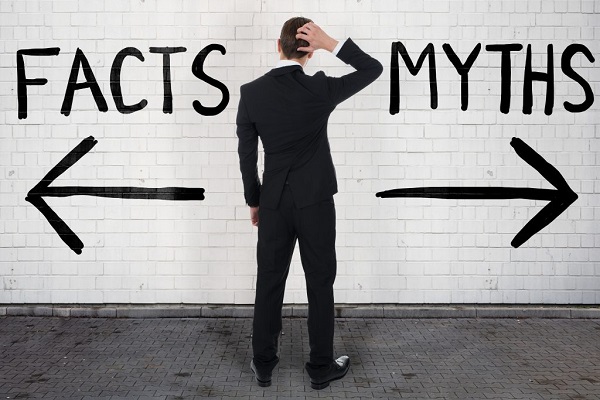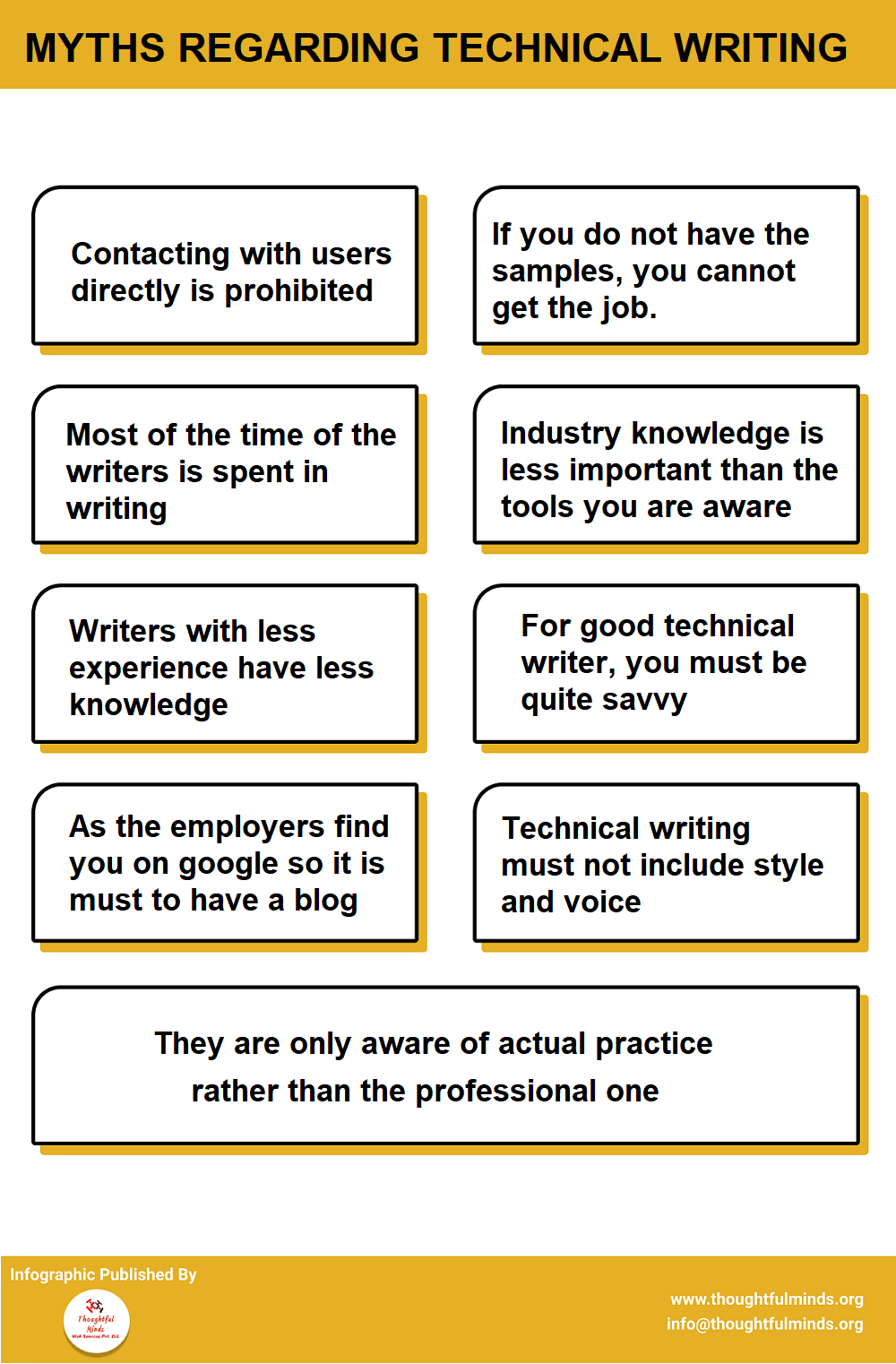Who is a Technical Writer?
Technical writing skills are required by most of the professionals. In the field of information technology, technical documents written by project analysts and managers must have concise and clear format.
The report created by these writers must include:
- Handbooks
- Online help
- Software and technical manuals
- Technical guides
Pay is great and working conditions are pleasing. It is inventive work, mentally stimulating and requires somebody who is both well-read and sociable. Technical writers do not have to learn how to program PCs or computers or have in excess of a general understanding of the technology, however they should be able to find out about new product and afterward explain it to other people. Learning the techniques of modern technical communication can help to become an excellent technical writer. Moreover, technicians and engineers those who are familiar with the product, technology and product can have or create writing abilities to become tech writer.
Reading and learning are enjoyed by writers. They discover writing comfortable; however, they are not great, and normally modify their work. They are both systematic and creative. Above all, they find themselves at end user’s position.
How a good technical content writer can help you in your affiliate blog or website?
At the point when technical writer approaches for new technology, they find their own absence of information. They recognize the data needs of the software users as they connect and get familiar with the software. They must have the ability to communicate well with customers and programmers, and extract information from them in a professional and charming way. That way they can help you earn good money with your technical blog too related to affiliate marketing.
The primary tool for the technical content writer is language. These tools include FrameMaker, RoboHelp and Microsoft Word; and for secondary consideration we have open-source and free documentation software such as Wiki. Over the span of their career, technical author learns many other software tools and packages, and afterward instruct them to other people.
Around the world, the demand of freelance writing jobs is increasing. Overwhelmingly, they utilize the English language. There is a requirement of technical and user documentation in software organizations.
Also Read: What Factors Make An Affiliate Website Profitable?
Essential technical writing skills:
Infographic on important skills of technical writer –
To be a good tech writer, it requires five important skills:
- Capacity to compose clearly
Summarize is one of the fundamental skills of any technical communicator. Their job is to examine muddled things and clarify them. You cannot skip the things without understanding it totally. For good technical content, you should avoid long sentence constructions and passive voice. Define abbreviations and moreover avoid about what the client knows.
- Ability in demonstrating thoughts graphically
You should represent your thoughts graphically as much as possible. Pictures help make your composing obvious. When you can impart outwardly, it helps individuals to understand better.
- Well verse with technology
There must be potential of grasping the technology. You may have interest in science and can comprehend the functions of cells or particles. Or you might be web canny and have knowledge of how to translate code. Or perhaps you must be interested about how things work. If you have the motivation you can learn technologies. I personally appreciate finding out about complicated frameworks. This comprehension brings a feeling of accomplishment and information that is compensating toward the day’s end.
- Familiarity with SMEs interface or proficient in Subject Matter Experts
The most essential skills that a technical author should have is interacting with subject matter experts (SMEs). You must have the ability to recognize and talk with individuals who have information imperative regarding your document. You should not be felt shy to extract data from the individual — and you cannot be too glad by asking dumb technical inquiries.
- Persistence in critical thinking/investigating
Most of IT work comprises of critical thinking. It’s stunning how an apparently impossible issue can be tackled with a little tolerance and patience.
Basics of Technical Writing:
For creating printed user guides you can utilize any word preparing software’s. Open source and free software like LibreOffice and OpenOffice are great, yet various businesses anticipate that you should be involved in exclusive tools, for example, FrameMaker and MS Word.
You may utilize a proprietary program like RoboHelp to make online content. This help records, files or a web authorising tool for making website pages. Additionally, we would suggest that investigate how other platforms, for example, Wiki can be utilized for conveying client-oriented instructions.
Technical communication defined by Wikipedia is as follows:
The way toward creating data about products in technical communication starts with assuring that the idea of the user and their requirement for data is clearly recognized. From that point, research by the communicator starts and structures the data.
This implies that your documentation consists of these three steps:
- Identification of audience.
- Research and assemble the data.
- Check for its accuracy.
Also Read: What Is The Requirement Of Technical Content Writing?
Sound Technical Communication:
Technical communication can be described as a conversation between the technical content writer and the user that is the writer must anticipate the user’s questions.
Consequently, all your communication, regardless of whether it is constant or not, should be brief, clear, and productive. Try not to give lots of content that clients will shrug off when they see.
Technical writer behaves as a translator between the conversation among designer and user. It is the writer’s duty to explain the user about what the developer wants to explain. Thus, they fill the communication gap between the developer and user.
Myths of Technical Writing:
There are several myths regarding technical writing and the skills required by them.
Infographic on technical content writing myths:
Some of the myths are mentioned below:
- Contacting with users directly is prohibited for technical content writer. Information is passed on by customer support, manager and marketing.
- If you do not have the samples, you cannot get the job. But the fact is that you need a job for having samples.
- Most of the time of the writers is spend in writing.
- Industry knowledge is less important than the tools you are aware.
- Writers with less experience have less knowledge than the writers with more years of experience.
- For good technical writer, you must be quite savvy.
- As the employers find you on google so it is must to have a blog.
- Technical writing must nor include style and voice.
- They are only aware of actual practice rather than the professional one.
Key responsibilities:
Some responsibilities of technical writer include –
- participate in the product development process
- ideas for communication
- manage complex documentation projects.
- designing of information
Junior tech writer are communicators between the developers and the users.
The following type of documents are developed by junior technical writer:
- Websites, product brochures, and other marketing tools that enlighten on advantages of the software to buyers.
- For the guidance of new users, they create manuals, user-guides, tutorials, and step-by-step task lists.
Management of documentation includes:
- Management of information.
- Estimating schedule and cost.
- Management of complex documentation project.
- Setting procedures and standards.






